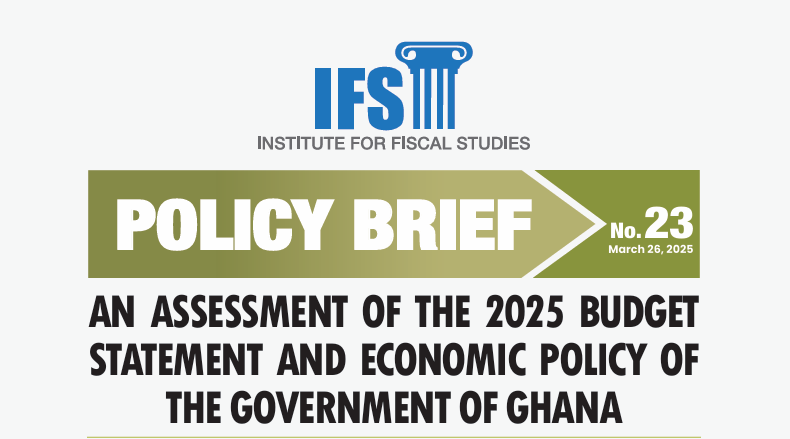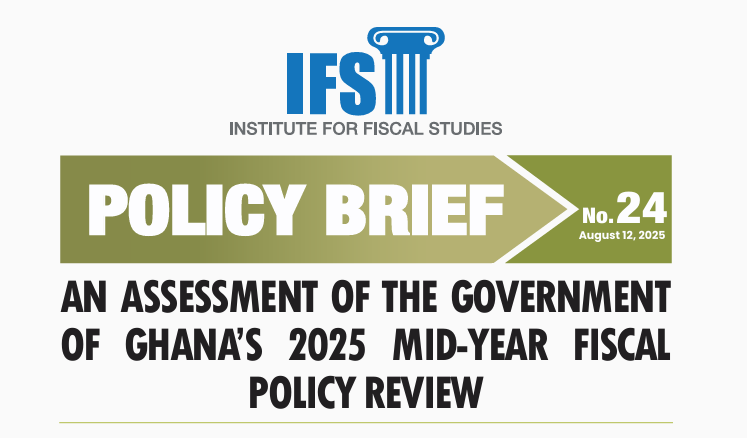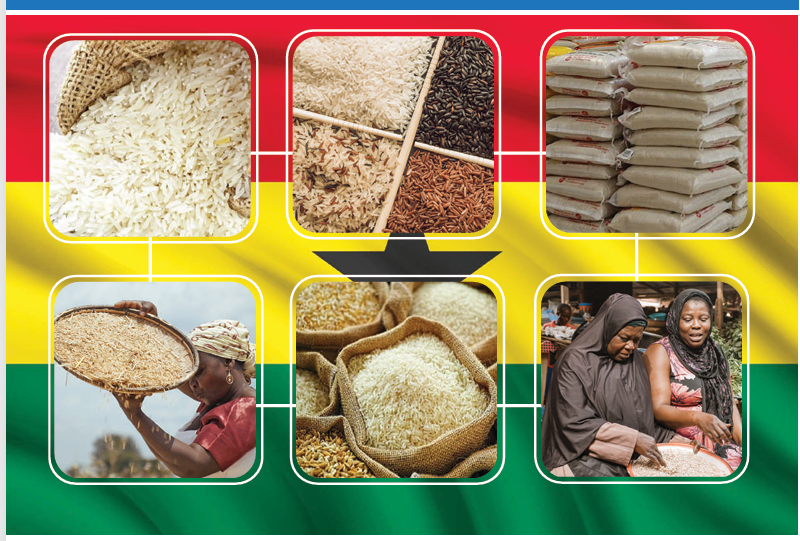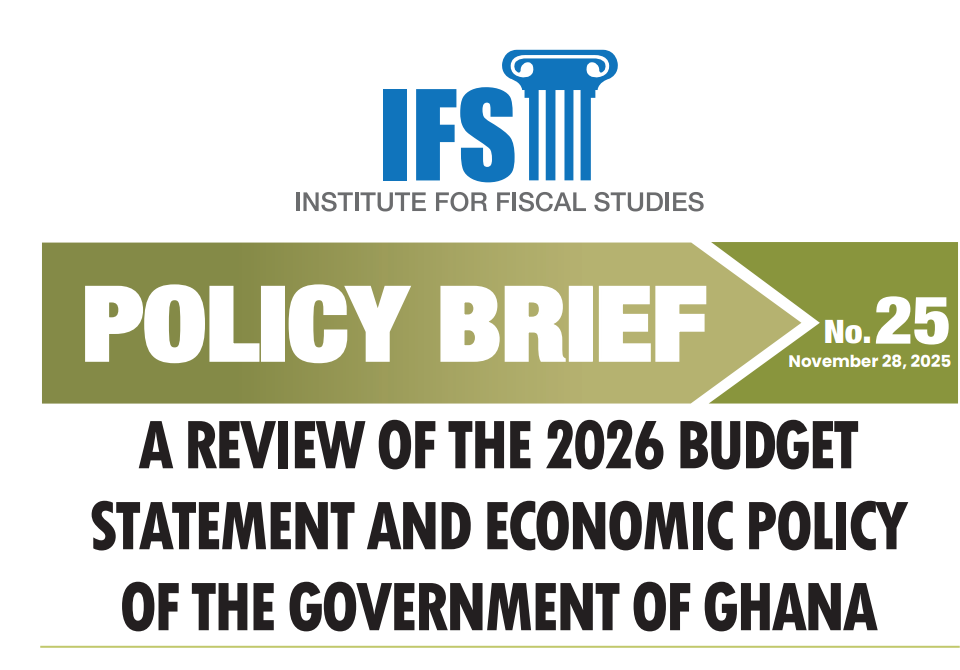May 12, 2025
On March 11, 2025, the new National Democratic Congress (NDC) government presented its first budget statement, outlining its policy priorities and objectives for the next four years. As pointed out in IFS’ pre-budget paper, “What Should Be the Priorities of the New Government as It Confronts the Ongoing Economic Difficulties?”, the budget was presented against the backdrop of fiscal and macroeconomic difficulties Ghana is currently grappling with. These include debt challenges, high inflation, high exchange rate instability, and low growth. In his budget speech to Parliament, Minister of Finance Dr. Cassiel Ato Forson acknowledged the economic difficulties and pledged to […]




